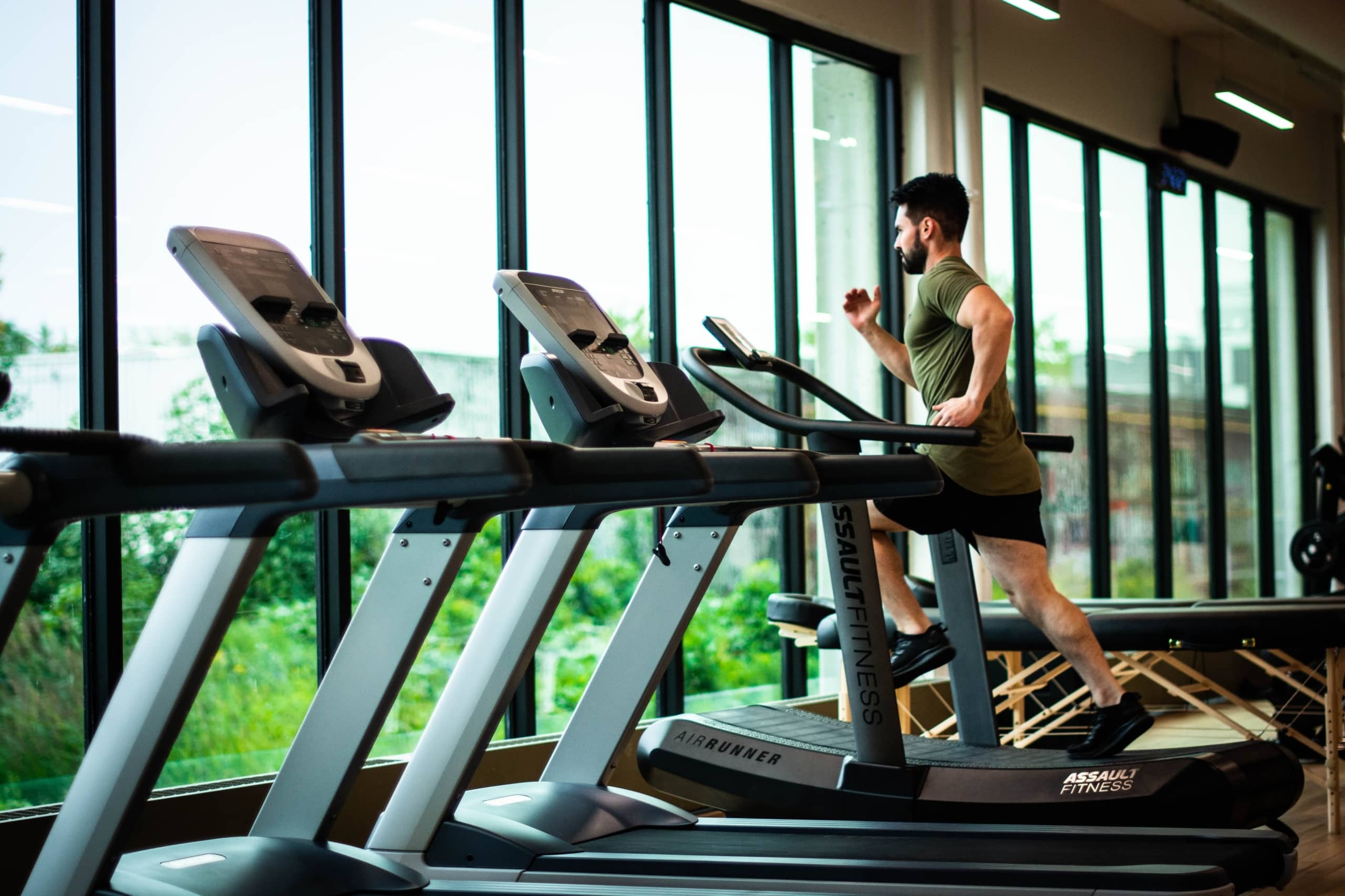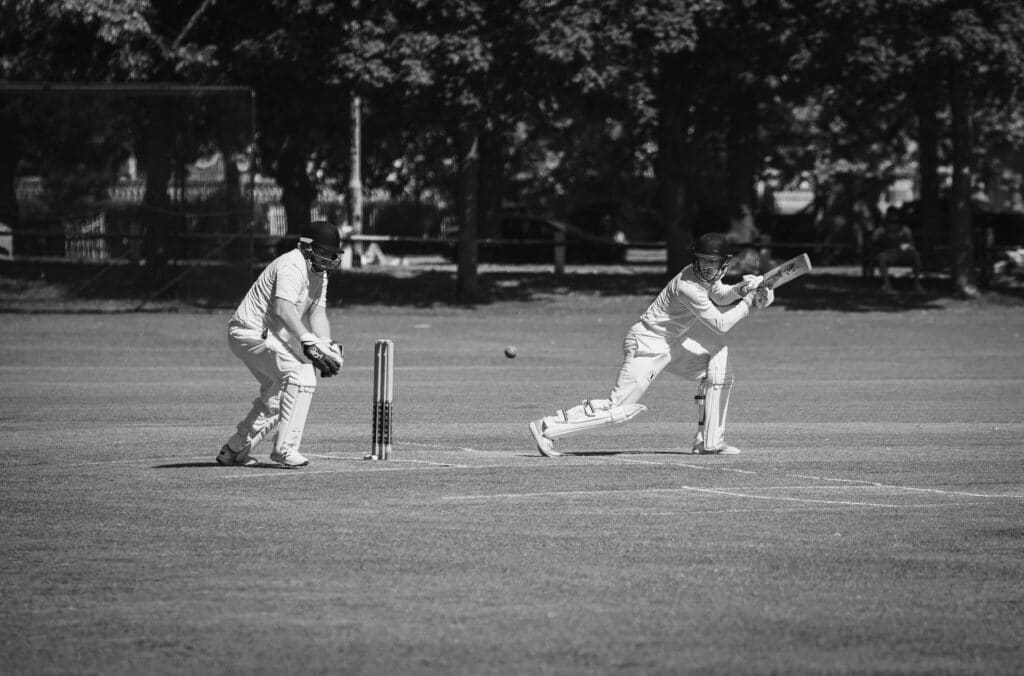When should I increase my running distance?
What we’ll cover
When should I increase my running distance?
With a number of local runs in Melbourne coming up including Run Melbourne and the Melbourne Marathon, our physiotherapist Veronica Goldring identifies ways to run pain free and reduce the likelihood of getting injured. In particular, a common issues runner’s face is how to safely increase their running distance or training load.
Running injuries often occur due to an imbalance between training load and tissue capacity. Training load refers to how much training you are doing, taking into account frequency, intensity, type, time and volume. Tissue tolerance is the ability of your muscles, tendons, cartilage and bones to adapt to training. Tissues do not like too little or too much load, so it is important to find the right training load for you whilst also increasing your tissue capacity. Common running injuries include plantar fasciitis or tendon related injuries to the achilles or patella tendon. Importantly, the likelihood of these injuries can be substantially reduced by managing load and training smart.
Am I running too much?
Training load can be measured in the following ways:
Acute to Chronic Work Ratio (ACWR)
The ACWR is a basic way of calculating how much training someone has done over the past week, compared to their regular load based on the past 4-6 weeks. For example, if over the past 4 weeks an athlete ran 40km, 40km, 30km and 50km, then the average they ran is 40km. In the following week, they ran 50km. The ACWR is 50km (acute) divided by 40km (chronic) = 1.25. The following indicates how much is too much or too little:
<0.80: under-loading
0.8-1.3: Optimal loading
>1.5: Danger zone
80/20 rule
Another loading principle approach is to apply the ’80/20′ rule proposed by American scientist Stephen Sieler and endorsed by Matt Fitzgerald, renowned triathlon coach. 80% of the time is spent running at low intensity with the remaining 20% completing at moderate-high intensity training. Intensity is measured by heart rate (HR) or rate of perceived exertion (RPE) on a scale between 0-10.
Most recreational runners do 1 hard run for every 1 easy run. This rule suggests changing this to one hard run for every four easy runs. Whilst the jury is still out, there is evidence to support that this is effective in both recreational runners completing less than 4 hours of training a week, as well as professional athletes training 10-25 hours per week. Physiologically, training at a low intensity means you are not reaching your ventilatory threshold. This is when respiratory rate abruptly increases resulting in increased activation of the autonomic nervous system, known as the ‘fight or flight’ reaction. This creates more metabolic waste products that remain in the muscles, hence requiring a longer recovery period. Therefore, spending 80% at low-intensity may prevent over-training and keep you fresh so you can really put in you maximal effort for those small doses of higher intensities.
A good guide to low, moderate and high intensity are based on the following parameters or useful guidelines:
Low intensity: <77% max HR or RPE < 4/10 (should be able to hold a conversation)
Moderate: 77%-92 max HR or RPE 5-6 /10
High intensity: >92% HR or RPE >7/ 10
Our team of physiotherapists are well equipped and experienced to prevent and treat a range of running injuries regardless of whether you are a beginner through to athlete. Book online or contact our friendly team today.


